Real Humans of the University of Washington Foster School of Business

Few business schools present the wealth of degree options to prospective students than the Michael G. Foster School of Business at the University of Washington. With six MBA options, plus several exceptional specialized master’s programs, Foster’s expansive education can be described as nothing short of flexible. And yet, the school’s most flexible MBA offering overall—the Hybrid MBA—still manages to stand out.
Continue reading…Real Humans of the University of Michigan Ross School of Business Online MBA Program

The MBA landscape is rapidly changing. As schools look for new ways to invigorate the traditional business degree, newer, flexible programs are becoming a provincial point of focus. Some of the world’s more lauded institutions, like the University of Michigan Stephen M. Ross School of Business—ranked as the 10th best business school in the country by U.S. News & World Report—have been more proactive about the sea change, recently introducing its first official Online MBA program offering.
Continue reading…Real Humans of the Miami Business School
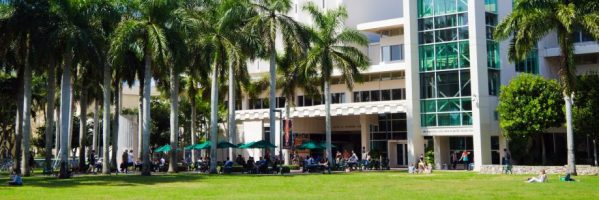
The idea of a business school, for many, conjures images of rigidity: stuffed shirts, properly tuned haircuts, and brutalist, monochrome buildings—foundational visions of the business school stereotype. But these observations can be fairly limited, if not completely outdated. While some schools are still defined by business traditionalism, the University of Miami Business School offers a decidedly less obtuse vision.
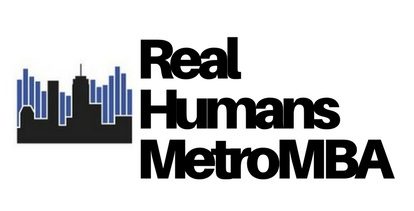
The Miami Business School, overlooking Lake Osceola in Southern Miami, defies business school assumptions. Alongside the city’s effortlessly pleasant weather, potential students won’t find the the limited, formal degree options, with more choices than the vast majority of business schools virtually anywhere, including: three full-time MBA programs; three different Executive MBA programs; a part-time MBA option; Online MBA option; and five different dual MBA opportunities. In addition, the school offers eight on-campus specialized master’s options and two more online specialized masters degrees.
Simply stated, when it comes to a wealth of choices, you won’t find many schools that offer more.
Expansive opportunities also means an immensely diverse class of students. Statistically, Miami is considered the most “international” city in the United States, according to U.S. Census Bureau data, inviting a truly global array of career opportunities that few business schools can try to match.
When talking with several Miami Business School MBA students, the diversity of choices and Miami’s undeniably friendly international appeal is certainly reflective, including a French-born fitness expert, a clothing line founder, and a Venezuelan marketing guru, among others. Read on to see their stories and what the future may hold for life after an MBA.
Real Humans of the University of Michigan Ross School of Business Part-Time MBA Program
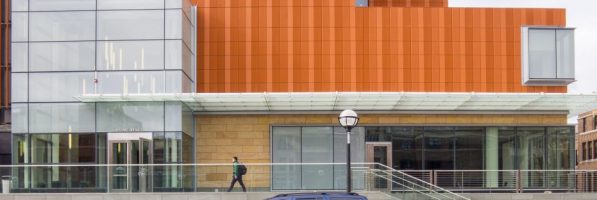
For MBA hopefuls looking to enroll in a part-time program in the United States, there is a certain unspoken caveat. While the part-time is often presented as the malleable, flexible alternative to the traditional full-time program, it is often just a different restrictive version. For many schools, even some of the most prestigious in the country, the choice between full-time and part-time is simply just two options. However, the University of Michigan Stephen M. Ross School of Business has continually expanded the parameters of what a part-time program can truly be.

The Michigan Ross part-time MBA, ranked as the sixth best in the country according to U.S. News & World Report, isn’t simply a longer version of the full-time offering. Rather, the school gives potential students three indelibly different avenues to take. The 60 credit part-time Evening MBA, perhaps the most “traditional” part-time offering from the school, allows students to craft their own academic schedule, with classes offered after work on weeknights, weekends, and online. Some courses can even be taken during the day with the full-time MBA cohort at the school’s Ann Arbor campus. The part-time Weekend MBA offers a more compressed schedule, in comparison, with classes held every other weekend. In contrast to the Evening MBA offering, which takes three-to-four years to complete, the Weekend MBA offering can be finished in just two years.
Two part-time MBA variations may not seem unconventional, but few schools regularly lauded as much as Michigan Ross (10th overall in U.S. News & World Report, 19th globally in Bloomberg) also have the option of an Online MBA.
In late 2018, Michigan Ross introduced its brand new Online MBA program, embracing the ever-changing business school landscape head on. It wasn’t too long ago that the idea of an online degree, never mind an online MBA, was met with heavy skepticism, with major academic institutions sticking with traditional degrees despite the oncoming sea change. And while the inclusion of the online option to its part-time MBA opportunities may have seemed unorthodox at first glace, the administration crafted it as carefully as it does all its MBA programs.
In a recent interview with MetroMBA, Anne Schoen, Associate Admissions Director of Part-Time MBA Programs, talks about how the Online MBA features all-important elements found all of the school’s MBA curriculum:
“One of the signature features of a Michigan Ross MBA is an emphasis on action-based learning, and our Part-Time MBA: Online is no exception. Our three required on-campus residential experiences and required Multidisciplinary Action Project (MAP) course set us apart from other online programs. Our students will enjoy the flexibility of an online program, but also will benefit from engaging in-person with faculty and fellow students during these fully immersive experiential learning projects. These experiences will require that students take the theories they learn in class and apply them to real-world business scenarios. We also will offer our online students full access to our Career Development Office resources, including assistance with on-campus and off-campus recruiting, and individualized career development planning.”
When talking with several Michigan Ross part-time MBA Class of 2020, the school’s expansive options seem to reflect the diverse background of its students, of which include an experienced engineer from Kanpur, India, a former restaurant manager from New England, and a Canadian chemist, among others. Read on to see their stories and what the future may hold for life after an MBA.
Real Humans of the York University Schulich School of Business


A half century after the opening of the York University Faculty of Administrative Studies (FAS), the York Schulich School of Business in Toronto continues to shape the Canadian MBA landscape.
The business school, which was officially renamed in 1995 after a receiving sizable donation from esteemed Montreal philanthropist and entrepreneur Seymour Schulich, has earned a substantial track record of firsts in Canada, including: the country’s first MBA Arts & Media Administration specialization; MBA/LLB; Nonprofit Management and Leadership Program; International MBA; Financial Services Program; Financial Engineering specialization; and the first multi-national EMBA program with the Northwestern University Kellogg School of Management.



Of course, the history of a school may paint an overall setting, but it hardly tells the story of a current, individual student in the program. York Schulich MBAs stand out among many of Toronto’s stellar business schools, typically enrolling with a GMAT score of 660 and five years of professional work experience. As well, the York Schulich international community is well-represented, at 32 percent of the overall MBA class.
According to recent employment statistics provided by the school, Schulich MBAs typically earn about $91,500 CAD per year after earning their degree. In addition, about 89 percent of graduates earn employment just three months after graduating. Most grads earn roles in finance (23 percent), with marketing/sales (20 percent) and operations (18 percent) following closely.
To get a better feel for what life is really like for current York Schulich MBAs, we talked to a handful of students, including the manager of a long-standing luxury jewelry store, a theater major and performer, and a commercial lawyer looking for a brand new career challenge. Read on to see their stories and what the future may hold for life after an MBA.
Real Humans of the Drexel LeBow Class of 2019


Over 100 years since the founding of what would become the Drexel University Bennett S. LeBow College of Business, the business school, located in the heart of Philadelphia, has steadily transformed into one of the nation’s most dynamic landing spots for MBA candidates. Alongside the LeBow MBA, Masters and Executive programs, the school offers a highly—regarded part-time and Online MBA, both of which have been recognized among the best in the country by U.S. News & World Report and the Financial Times.
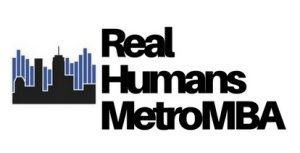

With so many acclaimed AACSB-accredited programs, its only natural that the LeBow College of Business would be cultivating an increasingly diverse MBA class. These students have an opportunity to study accounting, business analytics, supply chain management & logistics, economics, finance, general business and marketing, taught by over 100 full-time professors at the business school. Currently, around 3,800 students are enrolled in various graduate, undergraduate, and doctoral programs. An estimated 1,020 are enrolled in the graduate programs alone, making LeBow one of the largest private business schools in the country.
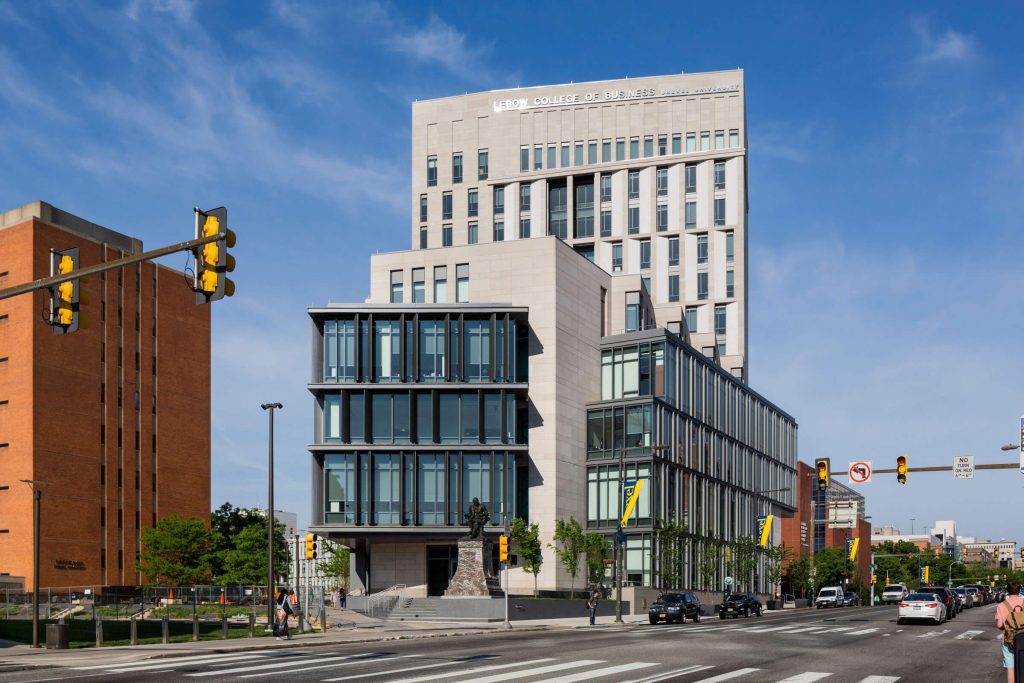

Outside Gerri C. LeBow Hall, the center of Drexel’s LeBow College of Business
Of the 3,800 aforementioned students at LeBow, approximately 450 come from 60 countries outside of the United States. The numbers, however, only tell a small story about the Drexel LeBow Class of 2019. To learn more about what it means to earn a graduate degree from LeBow, we interview five current students, who come from several corners of the world: from Asia, to Europe, to right here in Philly. Read on to see what’s in store for these students at LeBow and what life after an MBA and Masters may look like.
